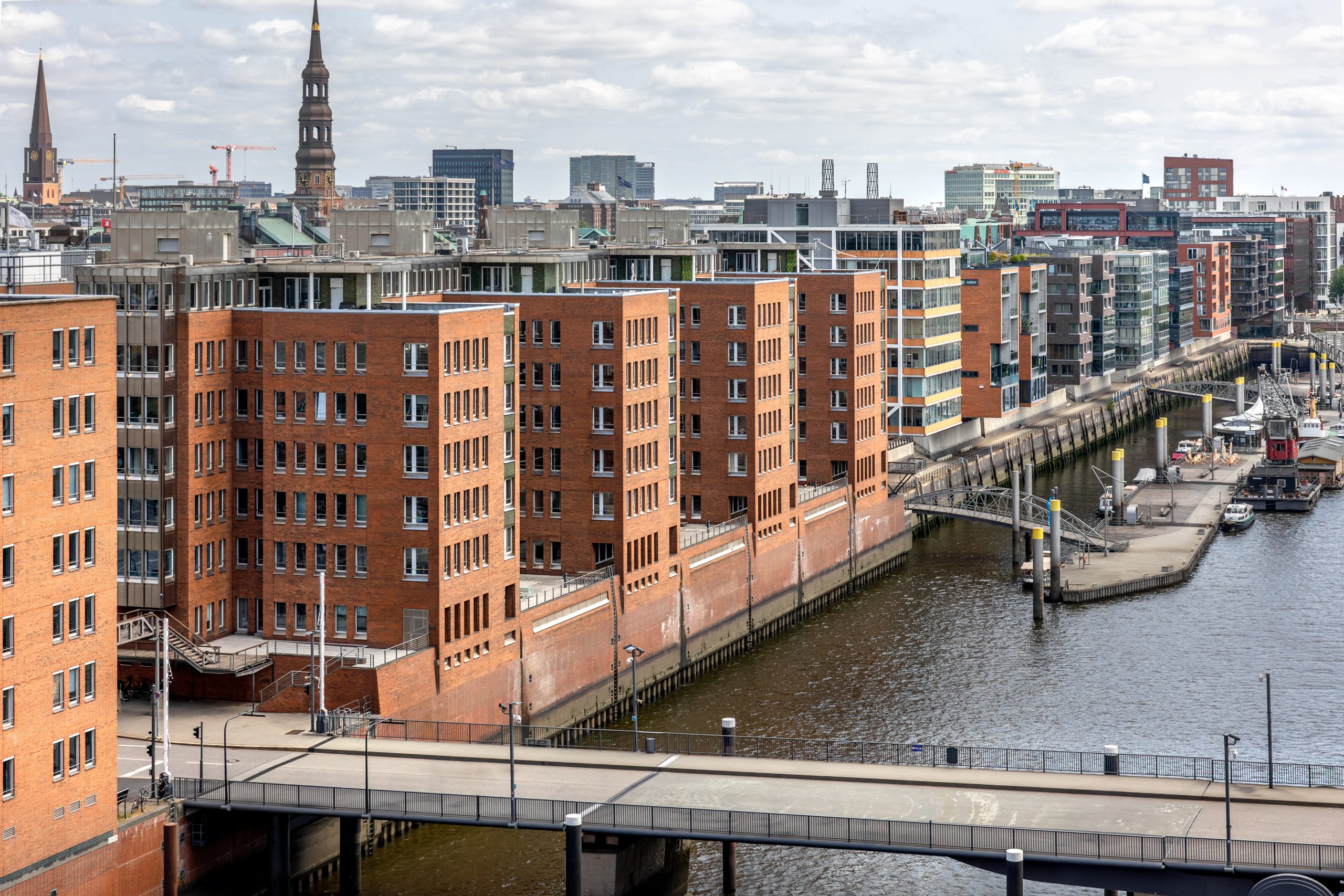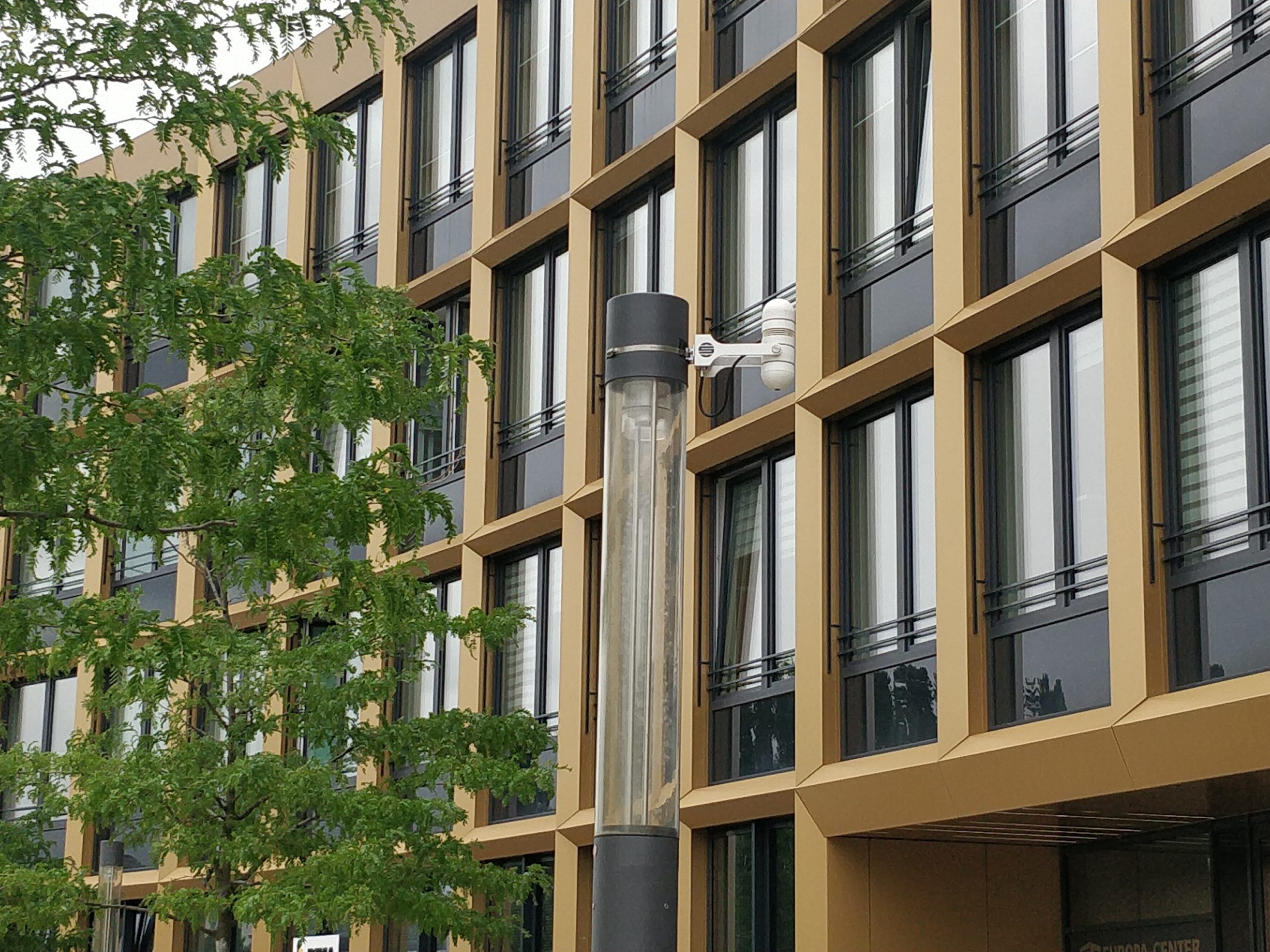Funding Radar: Active EU funded opportunities for cities
Funding Opportunities for Cities Embracing AI
As cities across Europe accelerate their digital transformation, the European Union continues to back this transition with robust funding instruments. These programs empower municipalities to test, adopt, and scale AI-driven governance models while ensuring ethical, transparent, and citizen-centric use of technology.
Below is a selection of active and upcoming funding opportunities designed to support local authorities, innovation hubs, and public–private partnerships working on smart governance and responsible AI deployment.
Currently Open EU Funding Calls on AI for Urban Innovation (Late 2025)
- Horizon Europe (Cities Mission) – Boosting the transformation towards climate-neutral cities through Pre-Commercial Procurement (PCP) – This call supports groups of city authorities (“public procurers”) to jointly develop and purchase innovative AI/digital solutions for climate neutrality at the local level. Projects should use PCP to spur AI-driven and other innovative technologies in areas like energy efficiency, clean mobility, smart city infrastructure, etc., to reduce urban greenhouse gas emissionshorizon-europe.gouv.frhorizon-europe.gouv.fr. Eligibility: Consortia must include at least three cities (from different EU or associated countries), with the lead buyer being one of the EU’s 112 Climate-Neutral and Smart Cities Mission citieshorizon-europe.gouv.fr. Municipalities (as public procurers) are the main applicants, in collaboration with tech providers.
- Deadline: 20 January 2026horizon-europe.gouv.frhorizon-europe.gouv.fr.
- Call page: HORIZON-MISS-2026-04-PCP-CIT-01 – Climate-neutral cities PCP horizon-europe.gouv.frhorizon-europe.gouv.fr.
- Horizon Europe (Cluster 5: Climate & Transport) – Real-time monitoring of emissions in waterfront cities – Funds AI and sensor-based solutions to monitor and reduce air pollution from ships and port operations in cities. Projects will develop real-time data systems (e.g. IoT sensors, analytics, AI models) to measure regulated and unregulated emissions (SOx, NOx, particulates, etc.) from vessels and port activities near citieseuro-access.eueuro-access.eu. This will help port-city authorities enforce emission limits and improve urban air quality. Eligibility: Open to consortia of companies, researchers, and city/port authorities; demonstration in port cities is required, so city/municipal involvement is expected for pilot implementations euro-access.eueuro-access.eu.
- Deadline: 20 January 2026 euro-access.eueuro-access.eu.
- Call page: HORIZON-CL5-2026-01-D5-17 – Emissions monitoring in waterfront cities euro-access.eueuro-access.eu.
- Horizon Europe (Cluster 5: Mobility) – Predicting and avoiding road crashes based on AI and big data – This call supports AI-powered traffic analytics to improve road safety in cities. Projects will use big data and AI (e.g. predictive modeling, real-time analytics, digital twins) to forecast accident risks and enable preventive interventions een.ec.europa.eueen.ec.europa.eu. Expected outcomes include early warning systems, decision-support dashboards for city traffic management, and proactive safety measures to protect road users. Eligibility: Consortia should include tech developers alongside city/regional authorities or transport agencies to provide traffic data and host pilot deployments een.ec.europa.eueen.ec.europa.eu. Municipal traffic management centers and city road safety agencies are explicitly sought as partners to implement and evaluate the AI solutions in real urban environments een.ec.europa.eu.
- Deadline: 20 January 2026 een.ec.europa.eu.
- Call page: HORIZON-CL5-2026-01-D6-14 – AI for road crash prediction een.ec.europa.eu.
- Horizon Europe (Cluster 5: Mobility) – Safety of Cyclists, Pedestrians and Users of Micromobility Devices – Funds innovative solutions (including AI, smart infrastructure, or data-driven approaches) to protect vulnerable road users in urban areas. Projects may develop smart traffic management, computer-vision detection systems, connected wearable devices, or urban redesign concepts to reduce accidents involving cyclists, e-scooter riders, and pedestrians. Eligibility: Open to consortia of industry, research, and cities; proposals likely require municipal authorities to pilot new safety measures on city streets (e.g. deploying smart crosswalk systems or data platforms in a pilot city). City transport departments are expected to be key implementers and end-users of the solutions.
- Deadline: 20 January 2026 euro-access.eueuro-access.eu.
- Call page: HORIZON-CL5-2026-01-D6-13 – Urban mobility safety for vulnerable users euro-access.eu (topic code inferred from Cluster 5 Destination 6 work programme).
- Horizon Europe (Cluster 5: Mobility – CCAM Partnership) – Next-generation smart mobility solutions (Edge AI & advanced perception for CCAM) – These calls support R&I on AI-driven connected and autonomous mobility (CCAM) in urban contexts. For example, topics include developing edge AI systems for connected vehicles and traffic infrastructure euro-access.eueuro-access.eu, and next-gen environmental perception platforms (sensors, computer vision) to improve automated driving in real city conditions euro-access.eueuro-access.eu. The goal is safer, more efficient urban mobility through AI – e.g. enabling self-driving shuttles to navigate city streets safely, or smart traffic signals that adapt to hazards. Eligibility: Consortia of tech firms, research institutes and city operators. Municipalities can participate via their transit agencies or smart city units to provide testbeds (city streets, traffic systems) for piloting these AI mobility solutions.
- Deadline: 20 January 2026 euro-access.eueuro-access.eu.
- Call page: HORIZON-CL5-2026-01-D6-05 – Edge AI for CCAM Systems (one of several CCAM-related topics in this call). k-erc.euk-erc.eu
National and Regional Instruments
Across Europe, national governments are complementing EU-level support with domestic funding:
-
France & Finland: AI Missions and Living Labs programs enable cities to pilot use cases in mobility, energy efficiency, and waste management.
-
Spain: National initiatives under España Digital 2026 promote AI experimentation in urban resilience and governance.
-
Nordic Innovation: Ongoing funding for ethical AI in public services and cross-border collaboration projects.
-
Smart Cities Marketplace (European Commission): A matchmaking platform connecting cities, investors, and technology providers to co-finance sustainable AI solutions.
Sources: Official EU call documents and portals
horizon-europe.gouv.fr horizon-europe.gouv.fr euro-access.eu euro-access.eu een.ec.europa.eu een.ec.europa.eu euro-access.eu euro-access.eu













